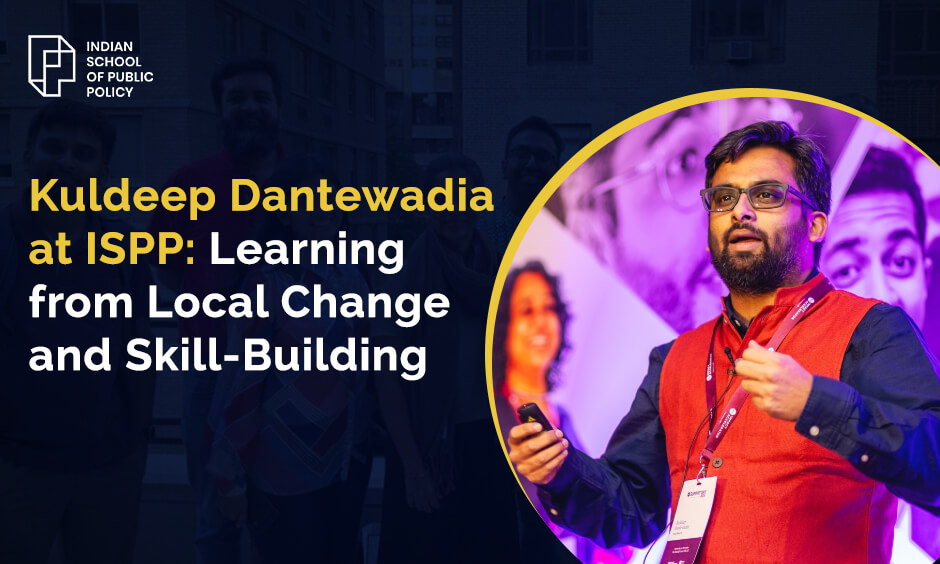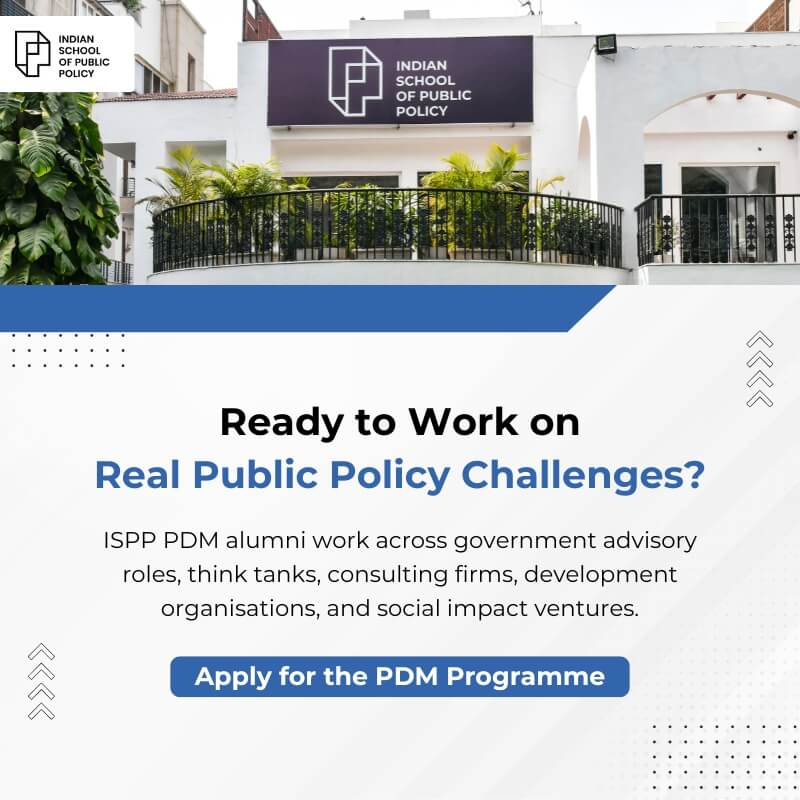Table of Contents
Kuldeep Dantewadia at ISPP: Learning from Local Change and Skill-Building

ISPP was privileged to host Mr. Kuldeep Dantewadia, founder of Reap Benefit, on 24th Sept’25 for a session with students. He has been known to advocate local change through action by citizens. In particular, he is enabling children to influence their environment through application of problem-solving methodologies based on the environmental needs of their schools and themselves as students. Mr. Dantewadia gave practical tips on skill-building, creating impact, and changing mindsets.
Learning Through Action
Mr. Dantewadia stressed that true experience is where learning actually happens. Theory alone is not enough. Best learning occurs when practice meets theory. He encouraged students to act and do whatever to fix issues rather than thinking too much. He cautioned against talking about issues but doing nothing because it does not serve any good. Experiments instill a sense of responsibility and self-worth, both of which most youths today lack.
Solving Local Issues Locally
A key highlight of the session was that Mr Dantewadia suggested that local problems need to be solved locally. He stressed that the government and market cannot solve everything. People themselves need to be the providers as well as the demanders through gap identification and then offering solutions. He gave examples such as that of the Delhi Development Commission and education schemes, which can show how local participation in devising policies and their implementation can take policy making near reality.
Developing Skills That Matter
Mr. Dantewadia thinks that developing skills should be purpose-driven. Prioritize the skills or body of knowledge that would enable you to fix actual problems, he said. According to him, early exposure to fieldwork makes students a better problem-solver and fosters inventive thinking. In this era of AI, he said effect and action will mean more than mere consumption of information.
Entrepreneurial Mindset for Change
Students were invited to take up a bottom-up, in developing entrepreneurial attitude, starting from the positive changes they can bring about in the college campus. This has less to do with being an entrepreneur and more with having the capability to effect change, he added. Successful change-making requires expertise in the management of relations with stakeholders as well, according to him. He added that shallow efforts are easily recognizable; deep influence is found through genuine participation and cultural knowledge.
Key Takeaways
- Local is the new global; get to know and relate to your community.
- Responsibility is a product of action rather than theory.
- Altruism is not enough on its own; problem-solving develops skills.
- Interact thoughtfully with stakeholders and generate relational value.
- Institutional transformation is needed, but transformation in the ability to change is what really matters.
- Civic engagement in the future will be fueled by empowered citizens who believe they are engaged with communities.
Mr. Dantewadia ended with a simple but powerful call: “Charity begins at home. Look at the change you can create within your college or neighborhood.” His remarks caused students to think not only about what they are aware of but about what they can do—and about how action, skill, and responsibility meet.




